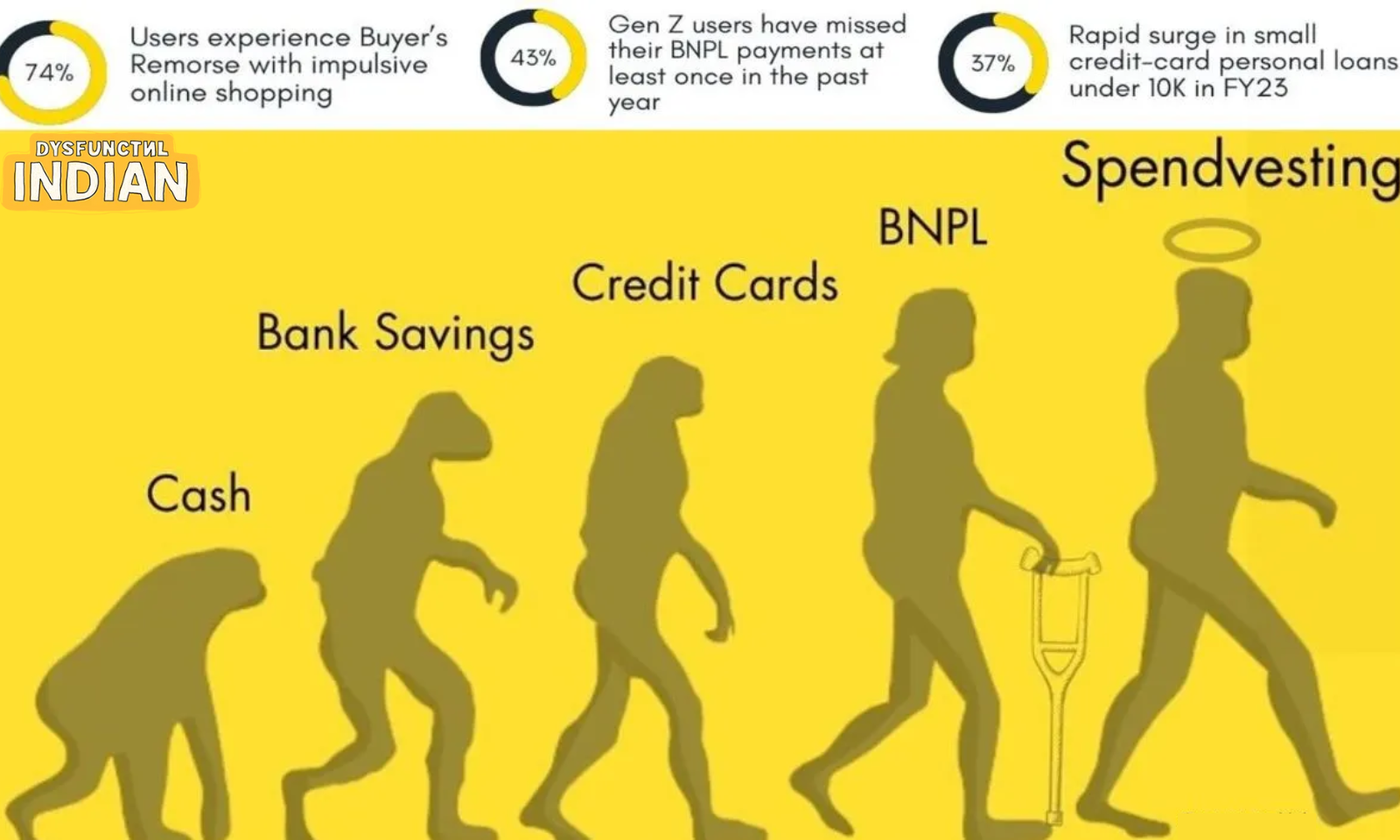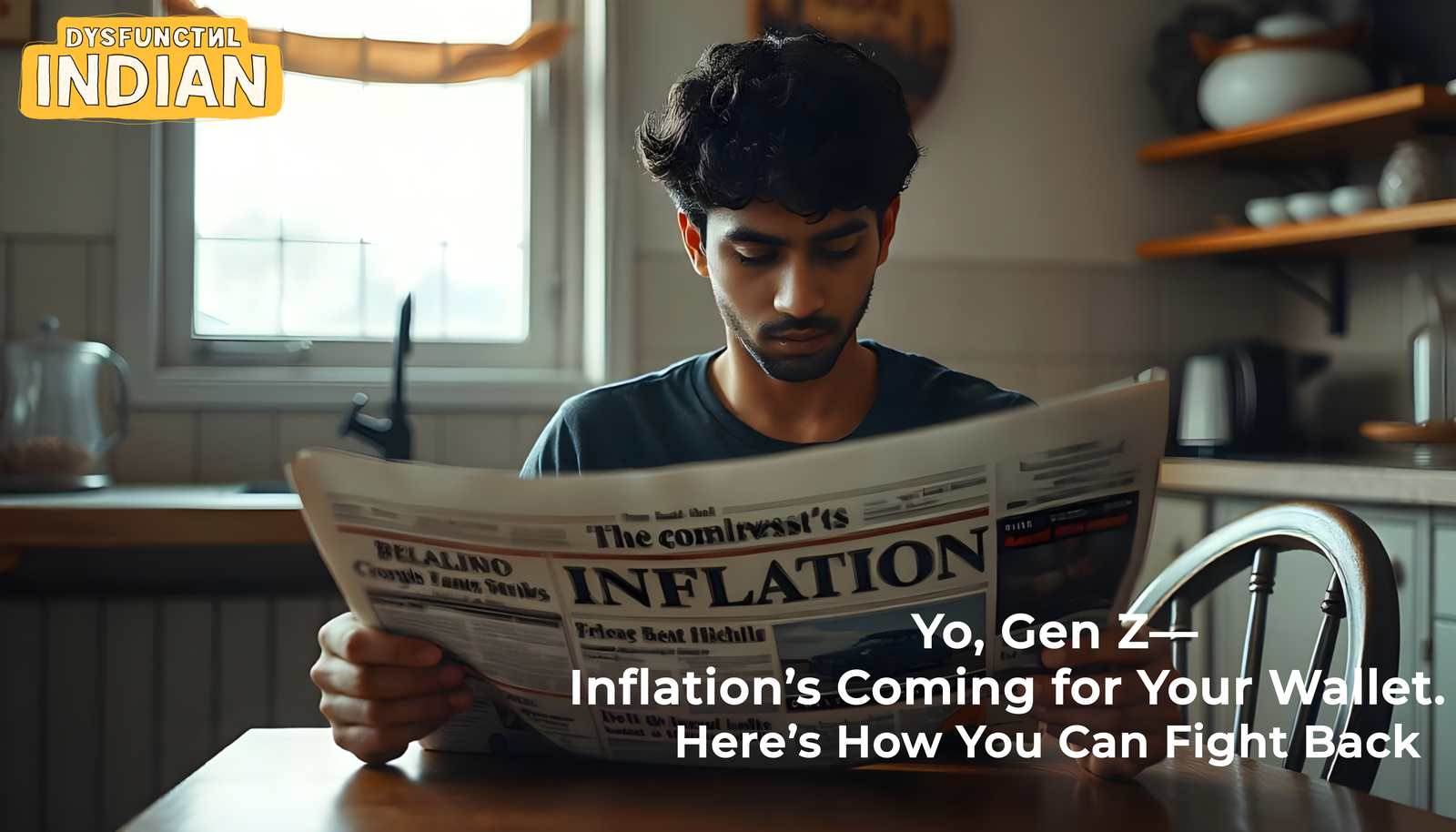One Nation One Election - A Complex Debate in India
Posted by Ritika Yadav on 2023-10-04 |
In India, a nation boasting a population of nearly 1.5 billion people, elections are not merely political events; they are celebrated as the "Biggest festival of Democracy." India proudly stands as the world's largest democratic nation, and its electoral processes have deep roots in its history. The ongoing dilemma is whether these elections should occur simultaneously, embracing the concept of "One Nation, One Election." To understand this debate, it's essential to delve into its historical context.
Historical Precedence
The concept of One Nation, One Election was effectively in practice in India until 1967. However, it faced interruptions and was eventually abolished due to various reasons, including dismissals, defections, and the dissolution of governments.
Political Endorsement
Looking back, it's noteworthy that the ruling Bharatiya Janata Party (BJP) has consistently favored One Nation, One Election. Leaders like former Prime Minister Atal Bihari Vajpayee voiced their support in 1999, and Prime Minister Narendra Modi highlighted it in their 2014 Lok Sabha Polls manifesto.
Challenges to Implementation
Despite being a topic of ongoing discussion, this concept has not materialized. Several factors contribute to this impasse. Firstly, it's argued that dominating or ruling parties would gain an unfair advantage under this system. Secondly, it's seen as an encroachment on the autonomy and independence of state governments. India's federal structure relies on a delicate balance of power between the central government and state governments, and altering this balance could lead to conflicts of interest.
Complex Constitutional Landscape
Moreover, India's complex political and constitutional framework presents substantial challenges for implementing One Nation, One Election. Navigating the intricacies of this diverse nation requires careful consideration of regional interests and political dynamics, further complicating the feasibility of the concept.
Economic Benefits
NITI Aayog, India's policy think tank, has proposed that the current electoral system in the country leads to wastage of the nation's expenditure and resources, a matter of growing concern. During elections, the Model Code of Conduct is enforced, which prohibits the implementation of new policies, laws, or government schemes. This effectively brings crucial matters to a halt during election periods and strains the nation's financial resources.
Successful State Examples
Some Indian states, such as Arunachal Pradesh, Sikkim, Andhra Pradesh, and Odisha, have successfully conducted Assembly polls and Lok Sabha polls simultaneously. They have cited several advantages of this approach. Firstly, it reduces the financial burden on the government, as conducting separate elections can be costly. Secondly, it ensures a smoother and more efficient electoral process, as resources and time are saved by conducting elections in a unified manner.
Despite these benefits, the debate over One Nation, One Election remains intricate and unresolved. It touches upon fundamental aspects of India's democracy, federal structure, and governance. Striking the right balance between streamlining the electoral process and preserving the autonomy of states is a challenging task. The unique political and constitutional landscape of India demands a nuanced and carefully considered approach to any significant electoral reform.
In conclusion, the idea of One Nation, One Election in India is a complex and multifaceted
debate. It is rooted in history, championed by some political leaders, and viewed as a potential
solution to address issues of expenditure and resource allocation during elections. However, the
concept faces significant challenges related to the federal structure, autonomy of state
governments, and the intricate nature of India's democracy. The ongoing discussions reflect the
need for a comprehensive and balanced approach to electoral reform in the world's largest
democracy









